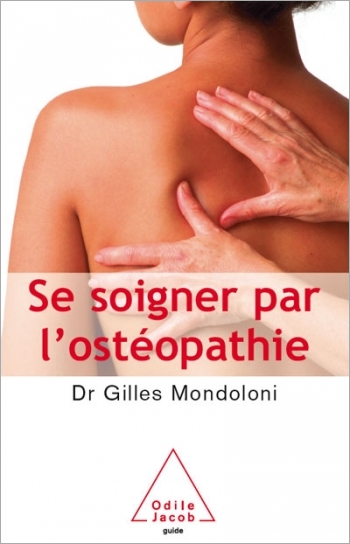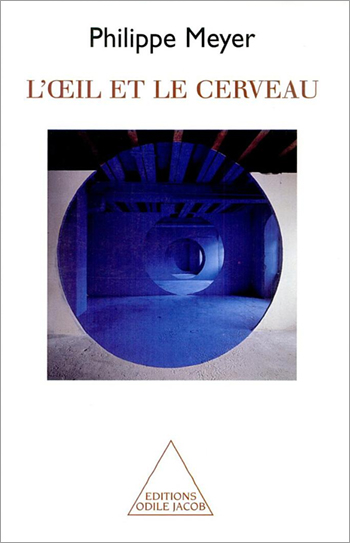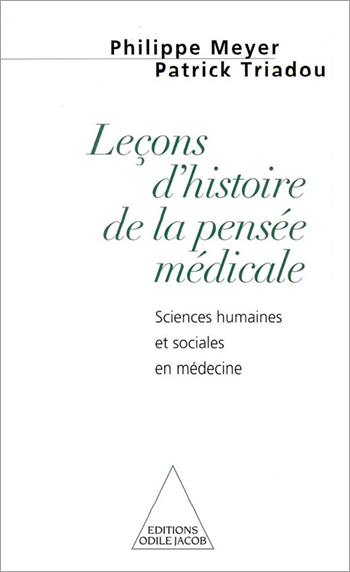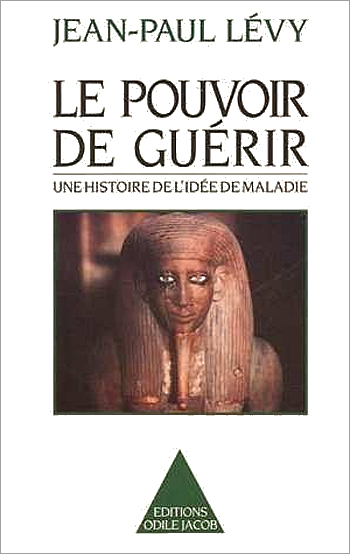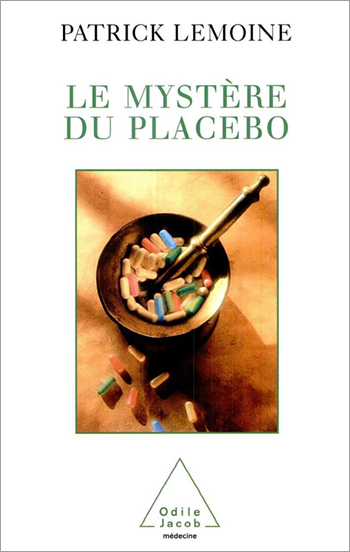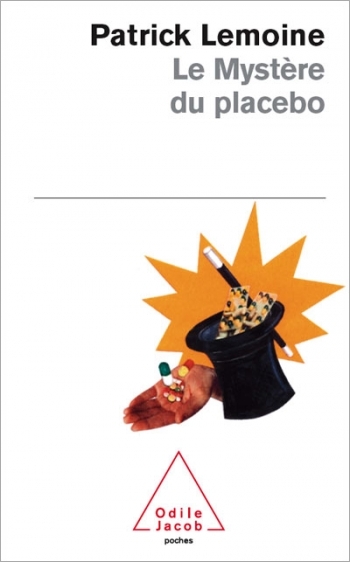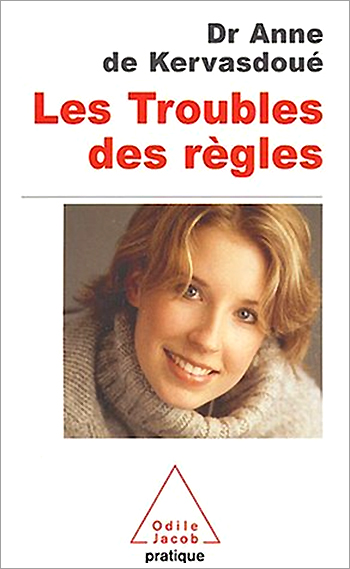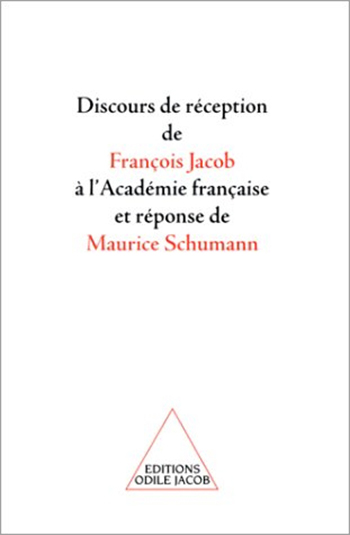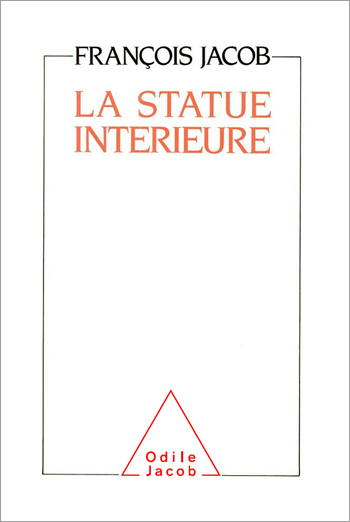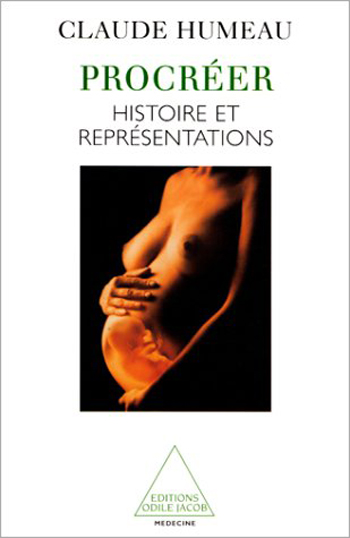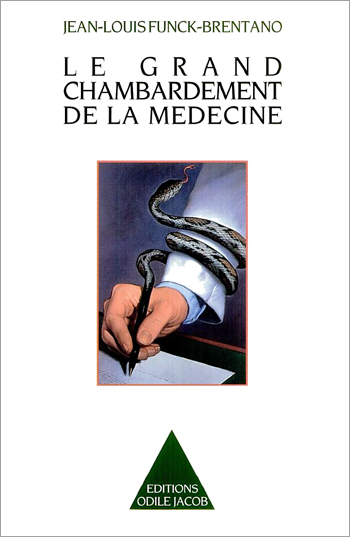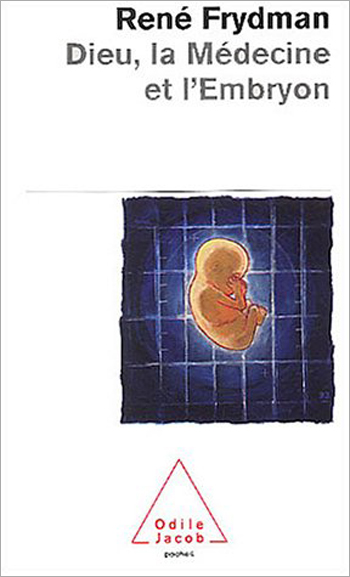General All books
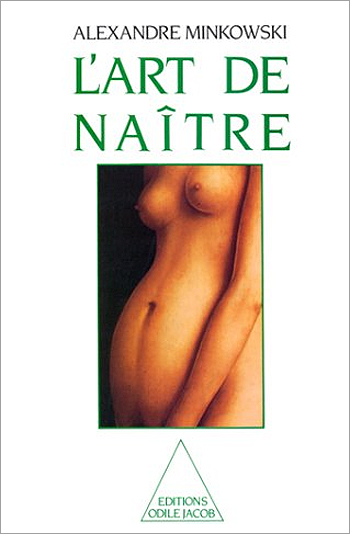
Alexandre Minkowski
The Art of Giving Birth
How are children born today in different cultures? At once a history of birth throughout the ages and a comprehensive medical anthropology, this book constitutes a rigorous overview and breakdown of our current knowledge in the fields of foetal biology and neonatal medicine. As a professor and the director of a research laboratory at Port-Royal, Alexandre Minkowski has dedicated his life's work to the medical and scientific study of the foetus.
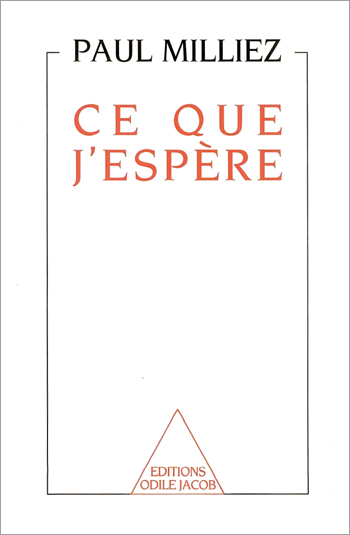
Paul Milliez
My Hopes
How does a traditionally-educated Catholic become a committed doctor? How do the resistance, the fight for abortion and against all forms of intolerance, intimate relationships with world leaders from General de Gaulle to the Shah of Iran and travels from Liban to Saudi Arabia, combine to create an extraordinary personality? A worldwide specialist in arterial hypertension, Paul Milliez (1912-1994) was the honorary dean of faculty at Broussais Hotel-Dieu.
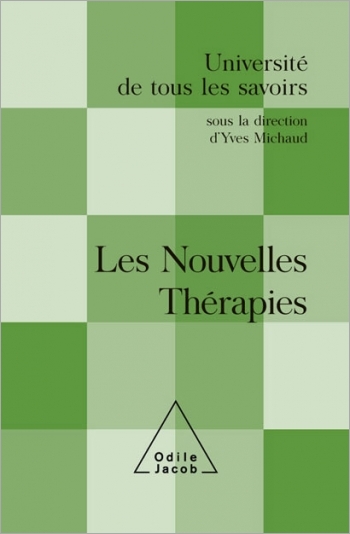
Yves Michaud
New Therapeutics
Advances in medical science are constantly being made, but it is often difficult for patients to realise what these advances entail and to understand their applications. The twelve lectures collected in this new volume in the series L'Université de tous les savoirs aim to inform us about some of these recent advances by addressing the following questions: What is the procedure for putting new medication on the market? How is new medication tested? What are the policies for furthering pharmaceutical innovation? How are health care structures organised? What will the hospital of the future be like? What are biotechnologies? What has been the impact of the neurosciences on therapeutics? What advances have been made in genetic mapping? What benefits can patients hope to gain from it? Gathered here are contributions by a geneticist, a surgeon, a psychiatrist, an emergency doctor, a neurologist and a philosopher. They examine the state of medical research today and address a question that concerns us all: What will medical care be like in the future? Contributions by Yves Agid, Pierre Carli, Alain Carpentier, Patrick Couvreur, Claude Debru, Bernard Golse, Didier Houssin, Gérard Le Fur, Jacques Marescaux, Arnold Munnich, Luis Omnès and Olivier Saint-Jean. Other books in the series include Qu'est-ce que la vie?, Qu'est-ce que l'humain?, Qu'est-ce que la société?, Qu'est-ce que l'Univers?, Qu'est-ce que les technologies?, Qu'est-ce que la culture?, Qu'est-ce que la vie psychique?, Le Renouvellement de l'observation dans les sciences, La Chine aujourd'hui, Egalité et inégalités, Qu'est-ce que la diversité de la vie?, Qu'est-ce que la globalisation?, Paris and La Guerre d'Algérie 1954-1962.
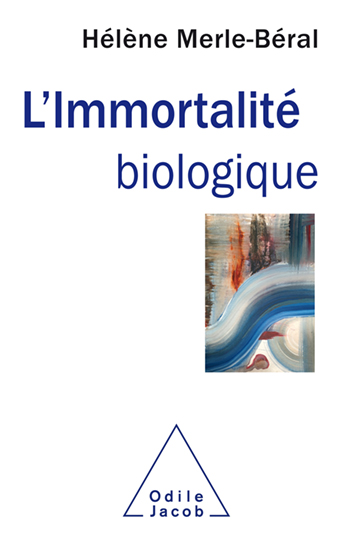
Hélène Merle-Béral
The Biology of Immortality Who wants to be immortal?
Immortality is no longer what it used to be. This brief history introduces the proponents and the implications of it. Life can be prolonged; medical science is constantly proving this; but it cannot thwart the great laws of biology.
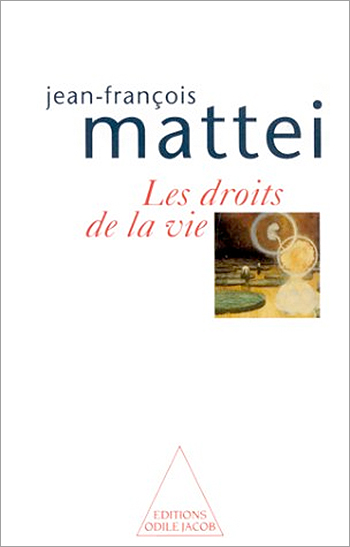
Jean-François Mattei
The Rights of Life
Medically assisted procreation, prenatal diagnostic, organ transplants, genetic testing : all are part of the spectacular progress characteristic of scientific and medical research in the last few years. These new techniques confront us with totally new situations and oblige us to take responsabilities and make difficult choices. Should we do these things just because we can ? Who should decide what to do and on what criteria ? The individual or society ? Doctors or politicians ? This book invites us into a stimulating and incisive thought process concerning the future of medicine.
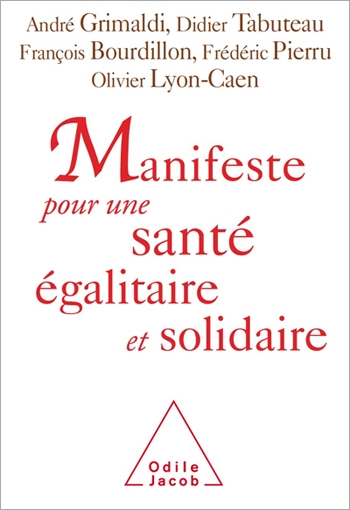
André Grimaldi, Didier Tabuteau, François Bourdillon, Frédéric Pierru, Olivier Lyon-Caen
Manifesto for Fair and Egalitarian Healthcare
In the run-up to the French presidential elections, two healthcare specialists denounce the constant and catastrophic deterioration of hospitals in France — and propose effective solutions
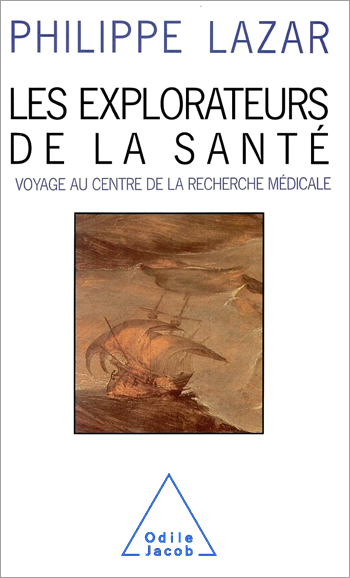
Philippe Lazar
The Health Explorers Voyage to the Centre of Medical Research
Research is a keystone of modern medicine, and is a critical factor in the independence of the nation, and yet medical research is still not well-known to the general public. How do researchers work? How is research organized in France? What are the links between the various public players and researchers? Since 1982, Philippe Lazar has been director-general of the French National Health and Medical Research Institute.
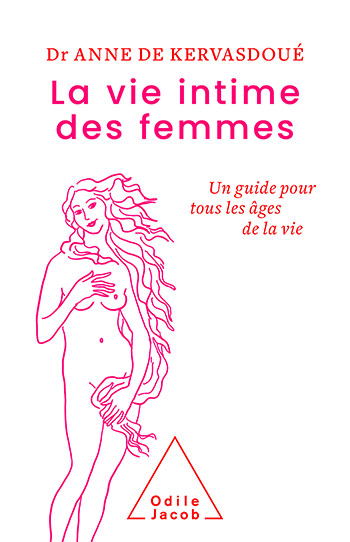
Anne de Kervasdoué
New Questions from Women Responses to 1001 questions that women ask about their health and their well-being, at every age in life
All the experience and knowledge of a gynecologist who has been listening to women for 40 years.
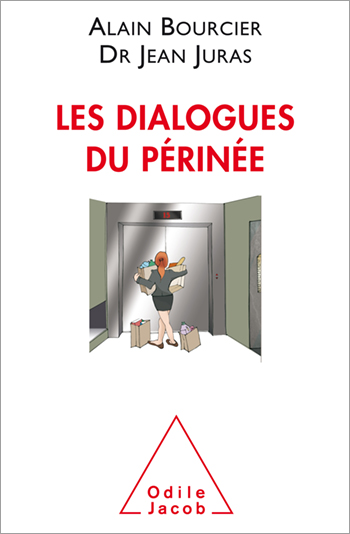
Jean Juras, Alain Bourcier
The Perineum Dialogues Lifting the veil on perineal disorders
A subject that can be hard to discuss, and a light-hearted yet well-documented way of addressing a taboo. Aimed at both women and men. Perineal issues after giving birth, after cancer treatments, in old age, after treatment for prostate cancer, etc..
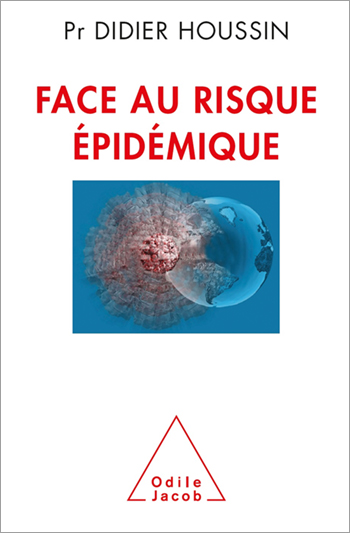
Didier Houssin
Against the epidemic risk
A warning, an analysis and some proposals to protect the world’s future inhabitants
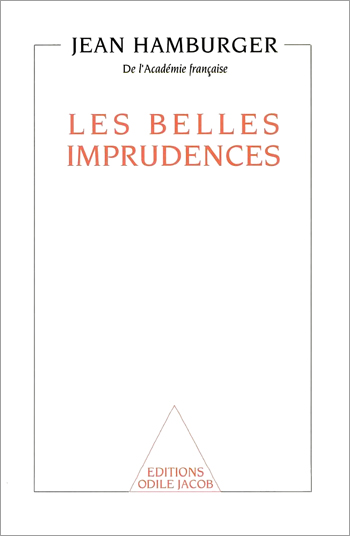
Jean Hamburger
Beautiful Imprudences
"Man has broken all the commandments to which living beings are bound. We had the audacity to want the weak to be protected. We gave rights to the individual. We decreased the rate of infant mortality and doubled the rate of life expectancy. But can we avoid the punishments of these beautiful imprudences?" Jean Hamburger Jean Hamburger was at the forefront of modern necrology and the principals of medical resuscitation. A member of the Académie Française and the Académie de Médecine, he was also President of the Académie des Sciences.
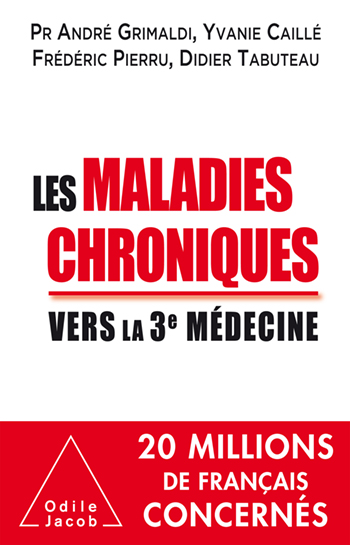
André Grimaldi, Yvanie Caillé, Frédéric Pierru, Didier Tabuteau
The Truth About Chronic Diseases
A team of authors that brings together the greatest specialists in French medicine in the most important fields: diabetes, cardiovascular disease, neurology, infectious disease and allergies. A real encyclopedia, which leaves no point in the shadows: from difficulties in following treatment to patient-physician relations, from families and carers to the public health system. A book that anticipates future problems faced by medicine, by doctors and by patients.
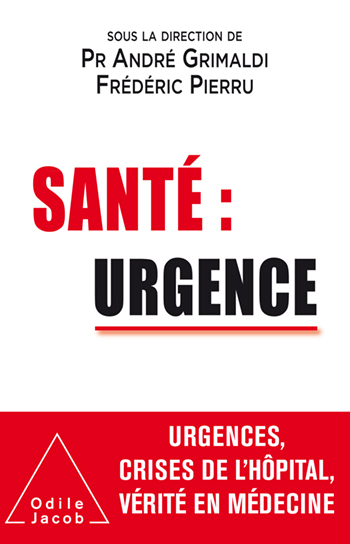
André Grimaldi, Frédéric Pierru
Your Health in the Future
How can we maintain the quality of care in hospitals? Is our health system equipped to respond to the challenges of the aging of the population and of chronic illnesses?
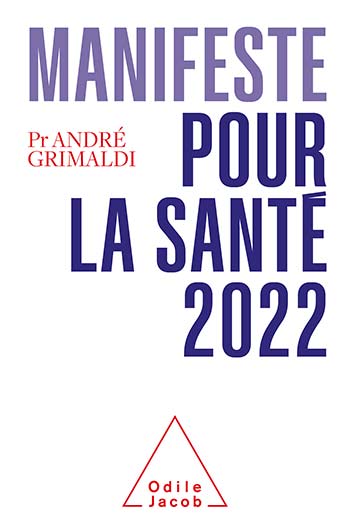
André Grimaldi
My Battle for Health Putting an End to 20 Years of Neglect
For a complete understanding of our health system and the succession of reforms “for increased productivity” of hospitals that have harmed it, without responding to the true new challenges happening now and to come.
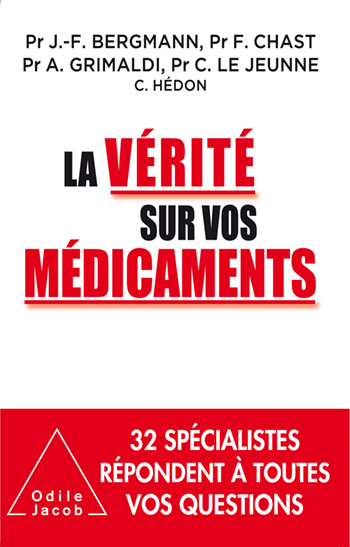
André Grimaldi, Jean-François Bergmann, François Chast, Claire Le Jeunne
The Truth About the Medications You Take
Medications, their benefits and risks, are closely scrutinised here by a team of experts
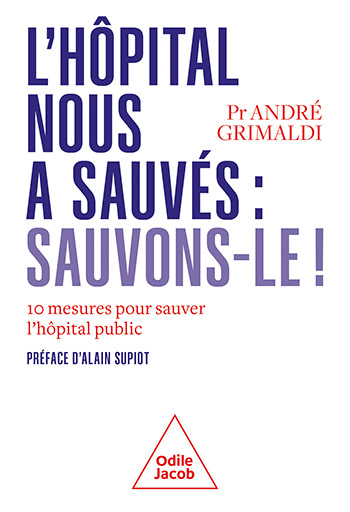
André Grimaldi
The Public Hospital is Ill: Diagnosis and Treatment Hospitals save lives, let’s save them too!
A diagnosis made on the basis of a 50-year decline in public hospital services, by one of the best specialists.
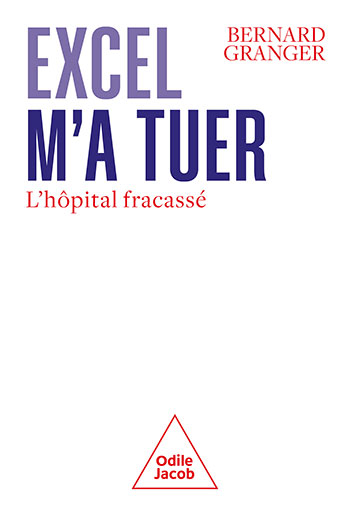
Bernard Granger
The Death of the Hospital?
After two years of health crisis, emergency response measures, overflowing hospitals and mass mobilization, a clear-eyed account of the state of hospitals today based on insider experience and lived examples.
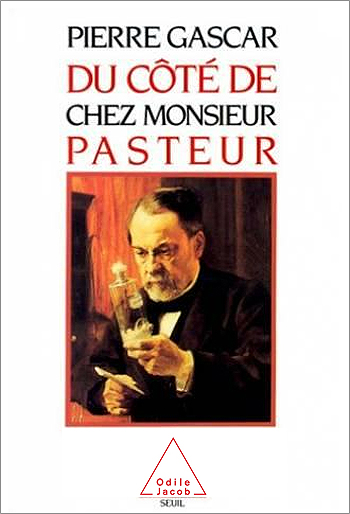
Pierre Gascar
A Look at the Home of Monsieur Pasteur
The spirit which inspired Pasteur's work is kept alive by the Institut Pasteur in Paris. From the discovery of the rabies virus and vaccine, to the Nobel Prize winning work of the Paris school of molecular biology, P. Gascar traces the history of an institution which has formed some of the finest biological minds of the century.

René Frydman
God, Medicine and the Embryo
With ethical questions raised about medically assisted pregnancies and medical experimentation, the eugenics debate has become a mute point. Yet bioethical legislation has remained ambiguous. René Frydman has made himself the ardent defender of progenics, a predictive and humanistic medicine. Here, Frydman reflects on the problem of the human embryo through the different points of view of science, religion, law, and morality, and answers ethical and religious questions that he has been asked by his patients. René Frydman is a gynecologist-obstetrician and a member of the FrenchEthics Committee.

